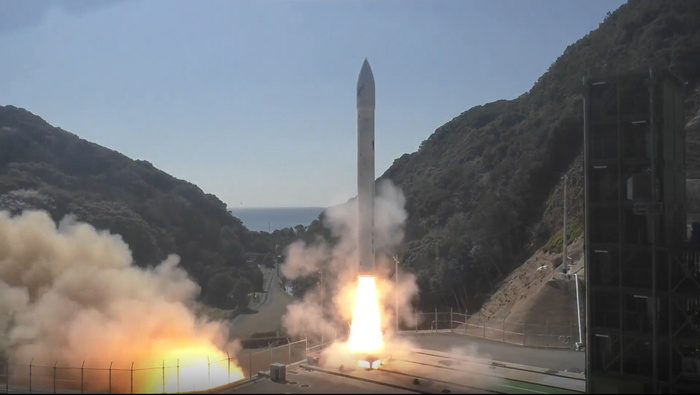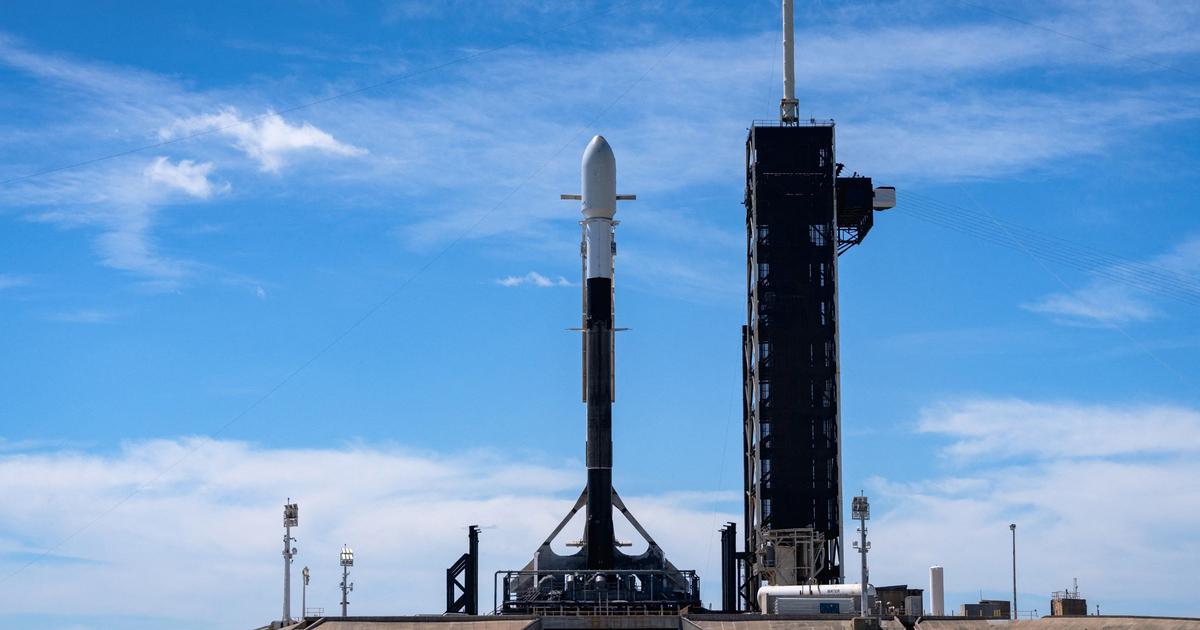A satellite of the US pay-TV provider DirecTV threatens to explode in Earth's orbit. It must be scrapped as quickly as possible - but there is a problem with it.
- The satellite Spaceway-1 of the pay TV provider DirecTV has a battery problem and could explode
- The company does not have much time to prevent the explosion
- Explosion of the satellite in space could affect other satellites - and people too
Update from February 6, 2020: DirecTV already started on January 29 to remove the defective satellite from its orbit and to move it into a so-called "cemetery orbit". This is reported by spacenews.com. There is still a risk that the satellite's battery will explode, but in "cemetery orbit" it would at least no longer endanger active satellites.
First announcement from January 23, 2020: Since the launch of "Sputnik 1" in 1957, around 8,500 satellites have been launched, slightly more than 2,000 of these satellites are currently active. Disused satellites are removed from Earth's orbit - either by crashing them in a controlled manner, or by putting them in a so-called "cemetery orbit" where they do not interfere with other satellites.
As a rule, this happens unnoticed by the public and without major problems. But now there is an acute problem with a satellite: The US television satellite operator DirecTV has informed the responsible US agency Federal Communications Commission (FCC) that in December one of the company's satellites had a battery malfunction and there is now a risk that the Battery explodes. This is reported by spacenews.com.
DirecTV's Spaceway-1 satellite has battery problems and could explode
The 15-year-old Spaceway-1 satellite is now to be brought into a cemetery orbit 300 kilometers higher as quickly as possible. Time is short: At the moment the satellite only uses the energy it produces via its solar panels and not the battery. But at the end of February, the satellite will fly through the earth's shadow - and according to DirecTV, it will be "inevitable" that the satellite will use energy from the battery . "The risk of a catastrophic battery failure makes it imperative that the satellite be completely removed from orbit and put out of operation before the shadow season begins," SpaceNews quotes the company.
Two inactive satellites threaten to collide over the United States - this could have dangerous consequences
The FCC actually requires satellite operators to drain the fuel that is still on board a satellite before the satellite is brought into its cemetery orbit. It is a security measure designed to prevent the satellite from exploding.
Spaceway-1 satellite must be taken out of service before explosion - time is of the essence
But time is short: The phase in which the satellite will be in the shade begins on February 25th. According to the company, it is not possible to drain all 73 kilograms of the remaining fuel beforehand. Actually, fueling similar satellites begins two to three months earlier, as SpaceNews reports. But the Spaceway 1 satellite , which is a backup satellite, actually still had enough fuel on board to do its job by 2025.
DirecTV, the largest pay TV provider in the world, now has about a month to take the satellite out of operation as safely as possible. Customers should not be affected by the problem with the satellite.
Satellite explosion could trigger chain reaction in Earth's orbit
Should the satellite explode, this could have serious effects and trigger the Kessler effect , for example. There is a chain reaction behind this term: each collision creates new space debris * and new debris, which in turn increases the likelihood of new collisions. This can also threaten active satellites and even the International Space Station .
The European Space Agency Esa wants to test a garbage disposal in space * and SpaceX is criticized because the company plans to launch thousands of satellites for the "Starlink" constellation in the coming years. The goal: Fast Internet from space - even for the most remote corners of the earth. The plan causes criticism not only because the orbits around the earth are already narrow, but also because the satellites are brightly visible in the sky - and disrupt scientific work.
By Tanja Banner
* fr.de is part of the nationwide Ippen-Digital central editorial office.
List of rubric lists: © picture alliance / ESA / dpa





